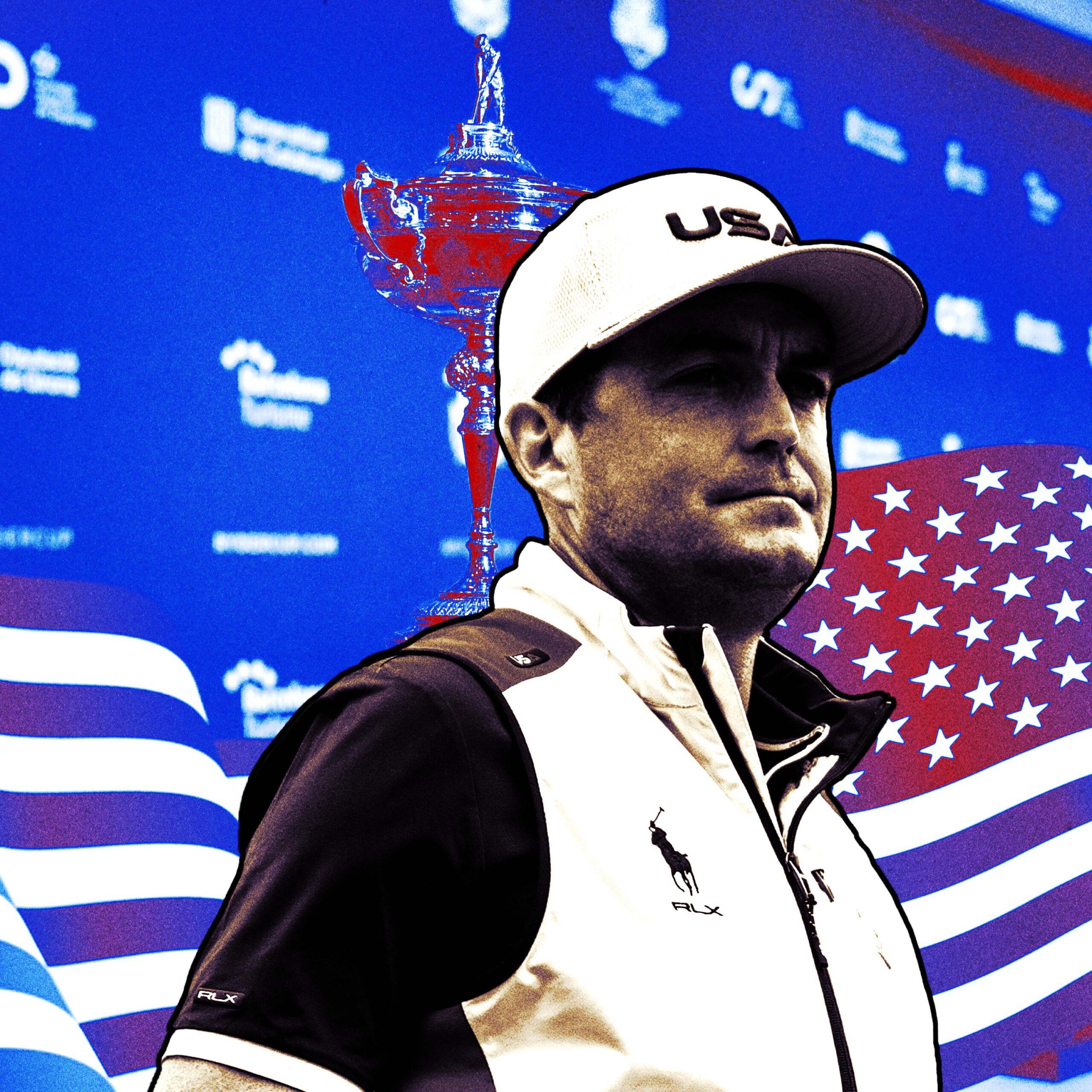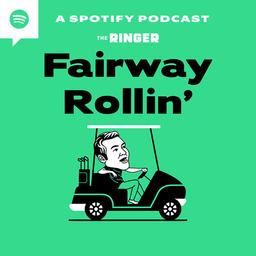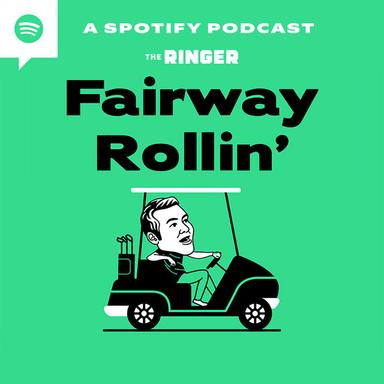
Fans of search committees might remember this historical anecdote: Roughly 25 years ago, George W. Bush secured the Republican nomination for the U.S. presidency following a brutal primary against John McCain. Bush was a political legacy and the governor of Texas but not particularly loved or well known nationally, and experts anticipated a close election against the Democratic nominee and sitting vice president, Al Gore. Choosing the correct running mate was going to be important, and Bush had entrusted that decision to Dick Cheney, a longtime family adviser and onetime member of his father’s Cabinet. Cheney searched high and low. He discussed the job with Tennessee Senator Bill Frist and New York Governor George Pataki. Scuttlebutt surrounded war hero Colin Powell, and even McCain, Bush’s bitter rival, was supposedly in the mix. Finally, after all of this vetting and background searching and interviewing, Cheney reached a verdict on the man best suited for the Republican VP job. His name? Dick Cheney. Heading up a search committee has its privileges.
U.S. Ryder Cup captain Keegan Bradley had an opportunity to pull a full Cheney on Wednesday, as he announced his six captain’s picks for next month’s hyper-charged Ryder Cup competition, pitting America’s finest golfers against Europe’s. The 39-year-old Bradley, who was a bit of a startling choice to succeed Zach Johnson to begin with, had a rational case to choose himself as the first playing captain since Arnold Palmer in 1963. He is ranked 11th in the Official World Golf Ranking and is a former major winner and two-time Ryder Cup participant. He has won on tour as recently as June, when he outlasted Tommy Fleetwood at the Travelers Championship. He played collegiately at St. John’s, a stone’s throw from Bethpage Black on Long Island, where the Ryder Cup is being contested, and therefore is thoroughly familiar with the venue. And he was famously and painfully snubbed in 2023, the last man left off the team despite a compelling résumé. Picking himself would have been eyebrow-raising in the extreme, but not indefensible. Golf writers craving story lines salivated at the notion. The American team, typically a fractious hothouse of competing egos and dithering divas, led by a first-time captain who elected to interject himself in the team, thus flamboyantly anointing himself the event’s main character? I will not lie: I was praying for this.
But no. It was probably always a bad idea, an exercise in competing imperatives and high-level plate spinning almost certainly destined to leave him stretched too thin, and Bradley ultimately did the sensible thing and left himself off the team. Instead, his six picks—Patrick Cantlay, Collin Morikawa, Sam Burns, Justin Thomas, Ben Griffin, and Cameron Young—represent a judicious comingling of talent, experience, and fresh blood. Each choice is logical. Thomas has won multiple majors, has been a consistent force in three previous Ryder Cup appearances, and is enjoying a resurgent 2025. Cantlay and Morikawa are difficult personalities who are simply too gifted to sideline. Burns is on a short list of the best putters in the world and likely a formidable pairing with his best friend, world no. 1 Scottie Scheffler. Creatine enthusiast Griffin and Ringer favorite Young are first-timers oozing with swagger and ability, both with games that should prove well suited to the intimidating challenge of Bethpage Black.
Now that Bradley has made his six captain’s picks, the next question is how they will mesh with the six automatic qualifiers already on the team: Scheffler, surprise U.S. Open winner J.J. Spaun, two-time major winner Xander Schauffele, longtime pros Russell Henley and Harris English, and the never-not-weird and fascinating LIV tour interloper Bryson DeChambeau.
Facing a stacked European squad, Bradley has his work cut out for him, even if he himself is not trying to win points between the ropes. Being the captain of the U.S. Ryder Cup team is very hard. There are the tactical elements to consider—which players to start and which to bench, whose games best complement each other in a four-ball or alternate-shot format, how to advantageously set up the course when you are the home team—and then there is … everything else. Two years ago, the U.S. team got its ass kicked in Rome, partially because it had worse players and partially because team morale fell apart after Cantlay, in a remarkable feat of anti-patriotism, refused to wear the team-issued hat, in protest of not being paid for his participation. In 2018, the wildly unpopular Patrick Reed threw a tantrum when Jim Furyk wouldn’t pair him with Jordan Spieth, functionally destroying everyone’s spirit during a thumping in France. In 2014, the legendary Tom Watson was widely ridiculed within the team for his offbeat pairings as the Europeans drubbed them in Scotland. In 2004, Hal Sutton decided that it would make sense to pair Tiger Woods and Phil Mickelson for the first two sessions, which doesn’t seem so wild until you remember that the two legends hated each other and proceeded to lose both of their day-one matches en route to a humiliating American defeat at Oakland Hills. Sadly, I could go on. The point is, the emotional atmosphere within the U.S. team is positively diabolical. Europe doesn’t always win the Ryder Cup—though it has prevailed in five of the last seven—but it is hardly a coincidence that these kinds of intra-squad soap-operatics on the other side of the Atlantic are essentially unheard of. (“USA! USA!”)
Home-course advantage is a big deal in the Ryder Cup, and this will prove especially true at Bethpage Black, where the New York crowds have notoriously taken special relish in distracting foreign visitors with their unique capacity for vituperation (see García, Sergio at the 2002 U.S. Open). This is likely the main reason the U.S. is currently a slight favorite for next month’s event, over a confident (and unified) European team. The Americans certainly possess the talent to win the Ryder Cup back, and doing so among the notoriously boisterous and flagrantly jingoistic Long Island galleries would make for a memorable and exciting achievement. Whether they do so will likely turn out to be a question not of firepower but of whether they will devolve, as they are wont to do, into a circular firing squad. A lot of that will come down to the leadership of Keegan Bradley. The PGA of America has taken a big swing by appointing a relatively inexperienced, still-very-much-active player as the captain. Whether the new boss can inspire this squad is a lot more important than whether they’ll miss the 11th-best golfer in the world. Bradley’s selfless act feels like a good start. Bradley could have made this all about himself but chose not to. It won’t be the last time he needs to show the kind of restraint Dick Cheney couldn’t, and we have no way of knowing how he’ll ultimately steer the ship, but by sidestepping the tempting proposition of becoming player-captain, he’s navigated around his first iceberg.

